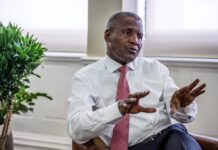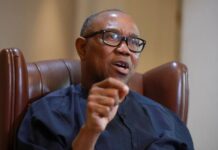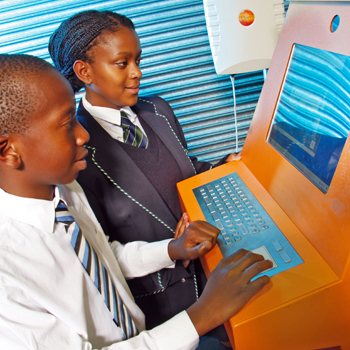According to a press statement by the Academy of Science, South Africa (ASSAf), South African young scientists will have an opportunity this week to take stock of the human rights situation in general, and the rights of scientists in particular, at the 7th Annual Young Scientists’ Conference on 6 and 7 October 2016.
The conference will be hosted by the Academy of Science of South Africa (ASSAf), the Department of Science and Technology (DST), the South African Young Academy of Science (SAYAS), Gender in Science, Innovation, Technology and Engineering (GenderInSITE), and the Organisation for Women in Science for the Developing World South Africa National Chapter (OWSD-SANC). The conference theme, Human Rights, is aligned to the 2016 African Union Year Theme of Human Rights with Special Focus on Rights of Women.
Human rights are fundmental rights of all human beings regardless of nationality, sex, race, religion, language or any other status. In South Africa, the Bill of Rights forms the cornerstone of democracy. The Bill of Rights enshrines the rights of all people in South Africa and affirms the democratic values and principles of human dignity, equality and freedom. In order to achieve these values in South Africa and in the African continent in general, citizens have to promote and respect the culture of human rights. In addition, they should promote the protection, development and attainment of human rights.
Human rights provide an environment which is conducive to development and peace, but also to the development of science.
The Conference will bring together some 80 young and early career researchers and will provide an avenue for exchange and development of knowledge related to science and human rights from a multidisciplinary and interdisciplinary perspective.
The keynote addresses will be delivered by Ms Yasmin Sooka, Director of the Foundation for Human Rights.
Written, oral and poster presentations in the conference will revolve around four sub-themes, namely Human Rights in Africa: Context and Universality, Social and Scientific Dimensions of Human Sexual Diversity, Redress of Colonial Heritage in Promoting Human Rights in Africa, and the Relationship between Science and Human Rights in Africa. The first sub-theme will focus on the African context and universality of human rights. Despite the particular context of Africa, which has thus far been dominated by human rights abuses, human rights are part and parcel of human legacy. They are enshrined in all African constitutions. The second sub-theme particularly relates to women who have been the main victims of human rights abuses together with children. The third sub-theme stresses the need to redress the colonial heritage of human rights abuses. The fourth and last sub-theme examines the closeness of the relationship between human rights in Africa and science, including medicine, where fundamental ethical issues related to the exploitation of human beings and their communities should not be overlooked.
The conference will include a Round-Table Discussion focusing on Transformation towards Sex and Gender Equality in Africa at 17:30 for 18:00 on the evening of 6 October 2016.
A number of eminent persons will participate in the round-table discussion which is open to the public. The discussion will be facilitated by Retired Judge Richard Goldstone and the panel will consist of Retired Judge Zak Yacoob, Prof Christof Heyns of the United Nations Human Rights Committee, Ms Janet Love, Executive Director of the Legal Resource Centre and Ms Shireen Said, Legal Advisor/Legal Strategist and former Policy Advisor for Human Rights at UNDP, New York.
Gender inequality is a global issue and remains a major barrier to development. In Africa it is a particular challenge with gender inequality costing sub-Saharan Africa on average $US95 billion a year. This is impeding efforts towards inclusive human development and economic growth in Africa.
Despite growing recognition of the social and economic benefits that improvements towards equality in areas such as health, education, and workplace opportunities hold for the country and the region, the removal of inequalities has not kept pace. Significant gaps between men’s and women’s opportunities still exist and pose a severe impediment to economic and social transformation.























